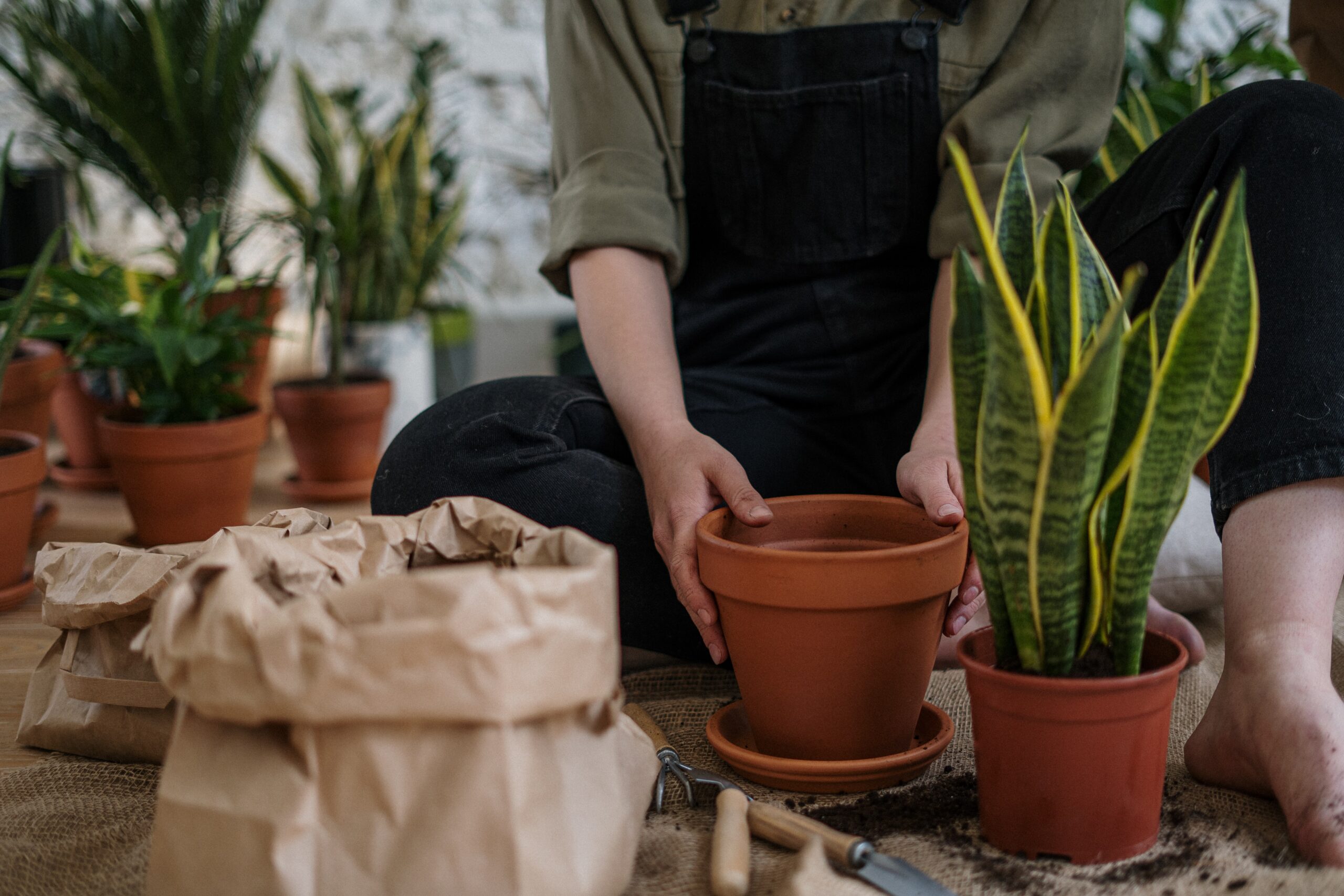If you’re interested in sustainable gardening, there are a few things you can do to make sure your garden is eco-friendly. Here are three tips to get you started!
1. Use natural materials
When it comes to your garden, you want what’s best for your plants. You want them to be healthy and thrive, and you want to do your part to ensure that they have everything they need to grow. So, when it comes to the materials you use in your garden, you should opt for natural options whenever possible. Here’s why:
Natural materials are, well, natural. They come from the earth and they break down in the earth, so they’re much better for the environment than man-made options. They’re also generally more affordable, since they’re not produced in a factory.
When it comes to your plants, natural materials are often better for them, too. They provide essential nutrients that help them grow, and they don’t have the harsh chemicals that can harm them.
There are a few different types of natural materials you can use in your garden, and they all have their own benefits. Here are just a few of the options:
Compost: Compost is a type of decomposing organic matter, and it’s an excellent way to add nutrients to your soil. It’s also great for improving drainage and aeration.
Mulch: Mulch is a material that you spread over the surface of your soil to help retain moisture and keep weeds at bay. It can be made from things like bark, leaves, and straw.
Manure: Manure is a great source of nutrients for your plants, and it can be very beneficial for their growth. Just be sure to use it sparingly, as too much can harm your plants.
As you can see, there are many reasons to use natural materials in your garden. They’re better for the environment, they’re generally more affordable, and they can be better for your plants, too. So, next time you’re planning your garden, be sure to consider using natural materials. Your plants will thank you!
2. Organic Fertilizers
Organic fertilizers are a great way to add nutrients to your garden without using harsh chemicals. They can also improve the structure of your soil, making it more porous and better able to retain moisture. And, as an added bonus, organic fertilizers are often much cheaper than their chemical counterparts.
There are many different types of organic fertilizers available, so it’s important to choose the right one for your plants. Blood meal and bone meal are two of the most popular organic fertilizers for gardens. Blood meal is high in nitrogen, which is essential for leafy green vegetables, while bone meal is a good source of phosphorus, which is necessary for root development.
Organic fertilizers can also be made at home. composting is a great way to recycle household waste and create a nutrient-rich soil amendment for your garden. You can also make your own comfrey fertilizer by soaking comfrey leaves in water for several weeks.
When using organic fertilizers, it’s important to remember that they can be weaker than chemical fertilizers. As a result, they need to be applied more frequently. It’s also important to apply organic fertilizers to the soil, rather than the leaves of your plants. This will help reduce the risk of leaf burn.
If you’re looking for a more natural way to fertilize your garden, consider using organic fertilizers. They’re good for your plants and good for the environment.
3. Use native plants
Using native plants is one of the best things you can do for your garden.
As the world becomes more industrialized, it’s more important than ever to use native plants in your garden. Here are four reasons why:
They’re Good for the Environment
Native plants are adapted to their local environment, which means they require less water, fertilizer, and pesticides to thrive. This is good news for the environment, as these products can pollute waterways and harm wildlife. In addition, native plants provide habitat and food for local wildlife, helping to support the local ecosystem.
They’re Easy to Care For
Because they’re adapted to their local environment, native plants are very easy to care for. They don’t require a lot of water or attention to flourish, which makes them ideal for busy people or those new to gardening.
They’re Beautiful
Native plants are often more beautiful than non-native plants. They come in a wide range of colors, shapes, and sizes, and they can add interest and variety to your garden. In addition, because they’re adapted to their local environment, they tend to be more resistant to pests and diseases.
They Support Local Economies
When you buy native plants, you support local nurseries and growers. This helps to boost the local economy and create jobs in the community. In addition, buying native plants helps to preserve local plant species, which can be lost when their habitat is destroyed.


